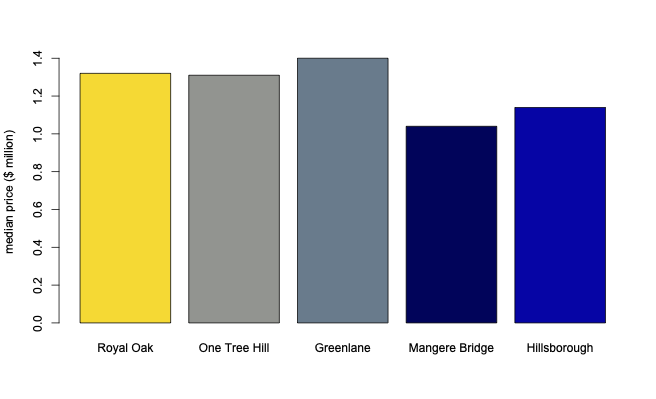NFL Predictions for the Conference Final
Team Ratings for the Conference Finals
The basic method is described on my Department home page.
Here are the team ratings prior to this week’s games, along with the ratings at the start of the season.
| Current Rating | Rating at Season Start | Difference | |
|---|---|---|---|
| Seahawks | 11.84 | 1.60 | 10.20 |
| Patriots | 10.06 | -6.88 | 16.90 |
| Rams | 6.30 | 3.32 | 3.00 |
| Lions | 5.54 | 9.26 | -3.70 |
| Texans | 5.51 | 0.65 | 4.90 |
| Bills | 5.10 | 8.28 | -3.20 |
| Jaguars | 4.42 | -6.28 | 10.70 |
| Broncos | 3.72 | 3.65 | 0.10 |
| Vikings | 3.09 | 2.67 | 0.40 |
| Ravens | 2.84 | 11.27 | -8.40 |
| Packers | 2.06 | 5.92 | -3.90 |
| Bears | 1.41 | -3.03 | 4.40 |
| Chargers | 0.96 | 2.67 | -1.70 |
| Eagles | 0.79 | 12.46 | -11.70 |
| 49ers | 0.61 | -3.05 | 3.70 |
| Bengals | 0.48 | 3.45 | -3.00 |
| Steelers | -0.75 | -0.33 | -0.40 |
| Colts | -1.15 | -5.52 | 4.40 |
| Falcons | -1.19 | -3.22 | 2.00 |
| Chiefs | -1.92 | 3.00 | -4.90 |
| Browns | -2.14 | -9.54 | 7.40 |
| Giants | -2.18 | -7.54 | 5.40 |
| Saints | -2.73 | -5.63 | 2.90 |
| Cowboys | -4.12 | -3.23 | -0.90 |
| Dolphins | -4.39 | 0.72 | -5.10 |
| Buccaneers | -4.55 | 3.86 | -8.40 |
| Panthers | -4.81 | -7.28 | 2.50 |
| Commanders | -5.09 | 2.74 | -7.80 |
| Raiders | -6.18 | -5.45 | -0.70 |
| Cardinals | -7.86 | 0.58 | -8.40 |
| Titans | -9.33 | -9.40 | 0.10 |
| Jets | -10.49 | -3.87 | -6.60 |
Performance So Far
So far there have been 282 matches played, 170 of which were correctly predicted, a success rate of 60.3%.
Here are the predictions for last week’s games.
| Game | Date | Score | Prediction | Correct | |
|---|---|---|---|---|---|
| 1 | Broncos vs. Bills | Jan 18 | 33 – 30 | -1.70 | FALSE |
| 2 | Seahawks vs. 49ers | Jan 18 | 41 – 6 | 7.60 | TRUE |
| 3 | Bears vs. Rams | Jan 19 | 17 – 20 | -4.20 | TRUE |
| 4 | Patriots vs. Texans | Jan 19 | 28 – 16 | 3.00 | TRUE |
Predictions for the Conference Finals
Here are the predictions for the Conference Finals. The prediction is my estimated expected points difference with a positive margin being a win to the home team, and a negative margin a win to the away team.
| Game | Date | Winner | Prediction | |
|---|---|---|---|---|
| 1 | Broncos vs. Patriots | Jan 19 | Patriots | -5.30 |
| 2 | Seahawks vs. Rams | Jan 19 | Seahawks | 6.50 |




Recent comments